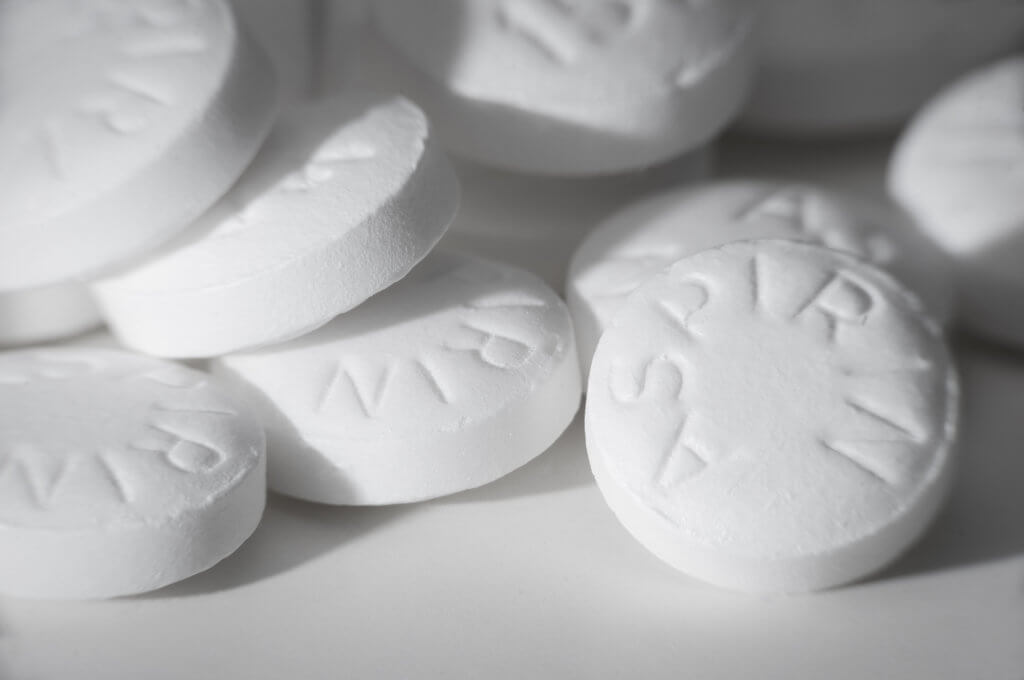MUNICH, Germany — In an encouraging development for cancer prevention, aspirin, the common drug known for easing headaches and reducing fevers, has stepped into the spotlight for its potential role in warding off colorectal cancer (CRC). This form of the disease currently ranks as the third most diagnosed cancer globally.
Colorectal cancer affects millions each year and is a leading cause of cancer deaths. Screening methods like colonoscopies have been effective in catching the disease early, but now, aspirin could add another layer of defense.
Aspirin’s chemical name is acetylsalicylic acid, and it belongs to the nonsteroidal anti-inflammatory drugs (NSAIDs) family. After consumption, aspirin is absorbed mainly through the stomach and upper intestines, transforming into salicylic acid. This metabolite, with a half-life of about 20 minutes, is central to aspirin’s cancer-fighting properties. Analyses have found that long-term aspirin therapy, specifically doses between 75 and 300 mg per day, could lower the long-term risk of developing CRC by 24 percent.
Moreover, if you’re already diagnosed with CRC, continuing to use aspirin might improve your chances of survival.

But what’s the science behind this? How can a simple pain reliever do so much?
Researchers at the Ludwig Maximilian University of Munich explain that aspirin interferes with the harmful processes in the cells that can lead to cancer growth. Think of aspirin as a wrench thrown into the gears of a machine that churns out cancerous cells.
Aspirin works its magic in a few ways. It disrupts specific substances in our cells that can lead to inflammation and cancer growth, and tampers with certain pathways our cells use to survive and multiply. This is good when you want to stop cancer cells from growing — but can be bad if it affects healthy cells.
One of the interesting findings is that aspirin helps activate a protective cleanup system in our cells, which is like having a better waste management process to dispose of harmful materials that can cause cancer. This system, led by a molecule named AMPK, helps the cell remain healthy and resists changes that can lead to cancer. Also, aspirin has an effect on some of the body’s messaging molecules, called miR-34a/b/c, which can tell a cell to either repair itself, stop dividing, or die. When these messages are delivered properly, they can prevent a cell from becoming cancerous.
Interestingly, not everyone might benefit equally from the drug. A particular genetic variation affects how well it can do its job. Luckily, this variation is common, so many people might get the protective effects of aspirin.
Researchers caution that while the high doses used in studies show aspirin’s potential, lower doses over longer periods are typically used for prevention and are likely to be safer with fewer side-effects. As research continues, this household medicine could become a staple in cancer prevention strategies.
Remember, this doesn’t mean you should start an aspirin regimen on your own. Always talk to your doctor before taking any medication regularly, as even small doses can have side-effects.
The study is published in the journal Cell Death & Disease.
You might also be interested in:
- Taking aspirin 3 times weekly boosts chances of surviving breast, bladder cancers
- Ask A Pharmacist: Examining The Risks And Benefits Of Over-The-Counter Pain Relievers
- Best Headache Medicine: Top 5 OTC Pain Relievers Most Recommended Across Expert Reviews


This is not new. We have known this for over a decade.